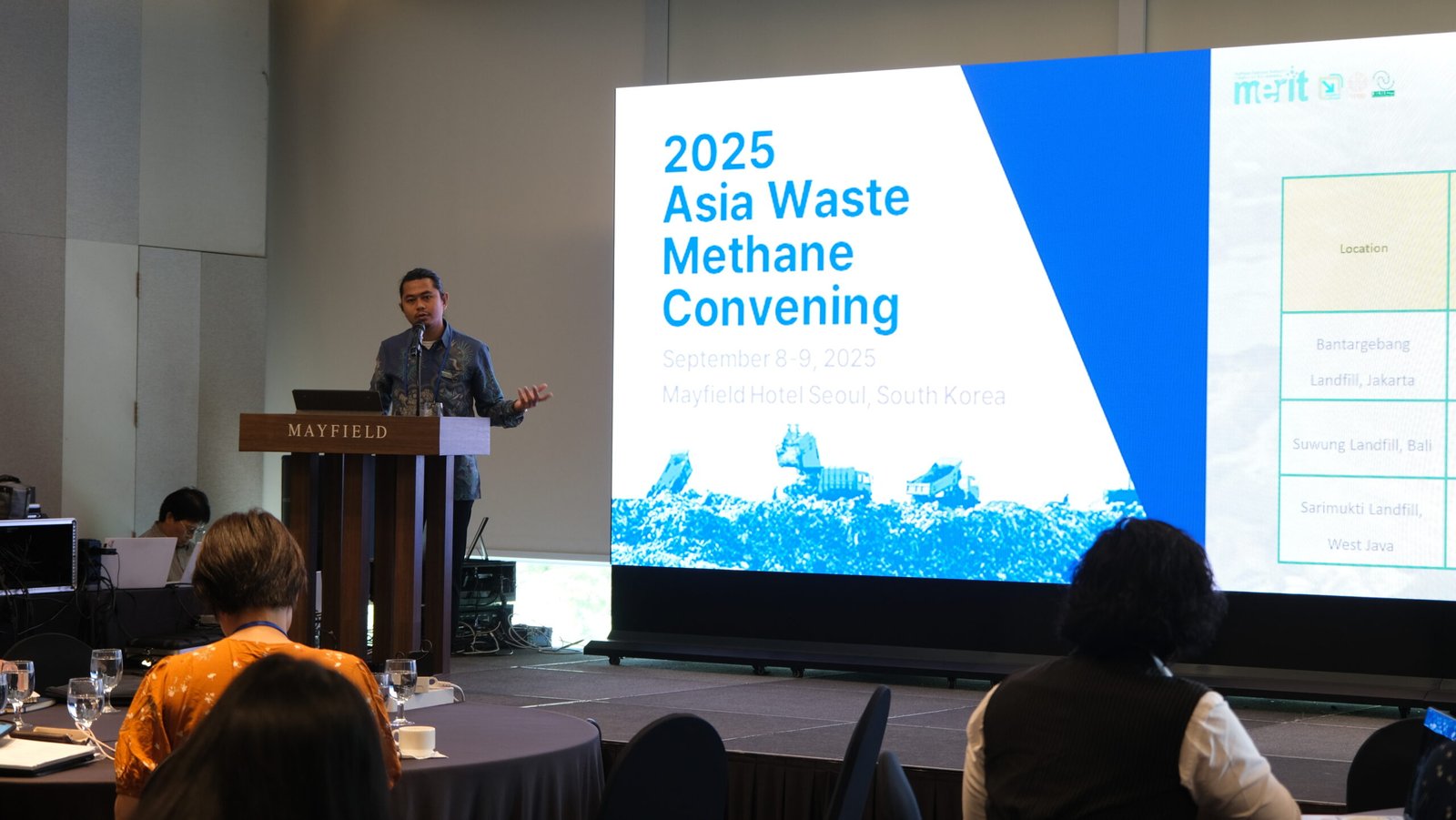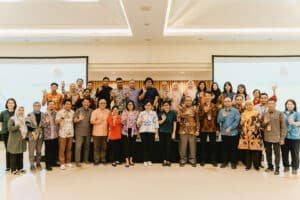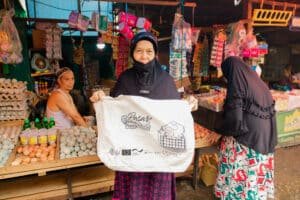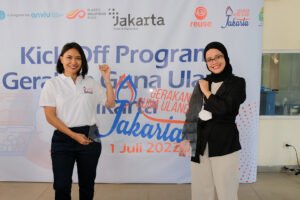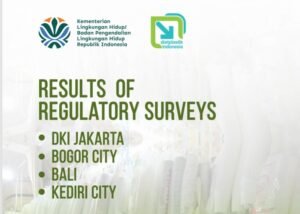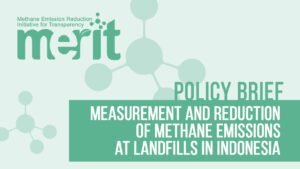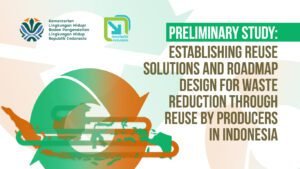Seoul hosted the Asia Waste Methane Convening 2025 on September 8–9, bringing together civil society, academia, experts, and government representatives to develop a roadmap for managing methane emissions from the waste sector. Plasticdiet Indonesia had the opportunity to serve as one of the panelists, presenting the study results of the MERIT (Methane Emission Reduction Initiative for Transparency) Project alongside other experts from across Asia.
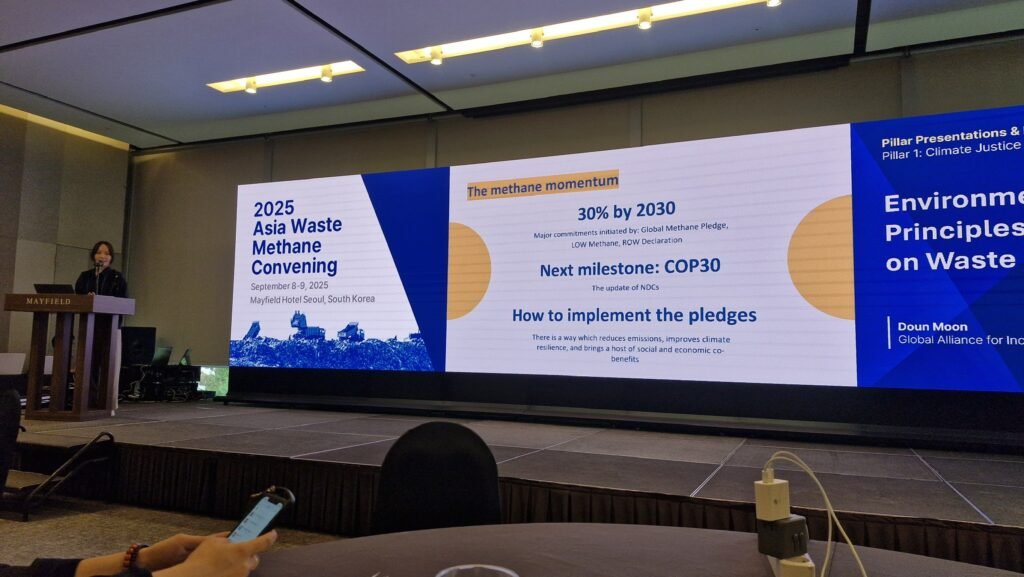
Asia contributes 41% of global methane emissions from the waste sector. The key challenges faced by countries in the region include limited waste management infrastructure, weak regulatory frameworks, inconsistent data, open dumping practices, and insufficient waste segregation. It contradicts with commitment in the Global Methane Pledge that targets methane emissions reduction for 30% in 2030. In Indonesia, organic waste still dominates the national waste composition (39,36%), with plastics as the second largest contributor (20%). From the total waste in Indonesia, 38,78% was properly managed, with 61,22% remains unmanaged. This worsen the methane emissions release, especially from the landfills, such as Bantar Gebang, Sarimukti, and Suwung.
At this forum, Plasticdiet Indonesia showed the progress from MERIT Project as Indonesia’s effort to establish the methane emissions’ baseline data dan and to test various monitoring methodologies. One of the milestones from MERIT Project is measuring the methane emissions with IPCC Tier 2 method, through direct measurements using the Closed Flux Chamber (CFC) method and more complete waste category datasets sampled on-site. Data from the first year of MERIT Project will be utilized to develop methane emissions’s baseline from 3 priority landfills, to assess regulation effectiveness both in local and national levels.
The Asia Waste Methane Convening 2025 also highlighted the crucial role of financing in driving holistic changes to address emissions from the waste sector. According to data from the Climate Policy Initiative’s Landscape of Methane Abatement Finance 2023, shows that 94% of climate finance dedicated to emission reduction is directed toward combustion or incineration projects. This approach is not aligned with the waste management hierarchy, where such financing should instead be channeled to high-impact, low-emission solutions. Furthermore, in 2021, the Global Alliance for Incinerator Alternatives (GAIA) found that most Nationally Determined Contributions (NDCs) support waste-to-energy incineration and Refuse-Derived Fuel (RDF). GAIA emphasizes that upcoming NDC updates must redirect climate finance away from polluting technologies positioned at the bottom tier of the waste hierarchy.
With dialogues and filed visit in 2 days, participants shared their ideas on strengthening the role of municipalities and local governments in mitigating methane emissions, underscoring the importance of science based monitoring approach with clear targets, and also integrating methane reduction initiatives with climate change, social development, and economic growth.
Find more information our Policy Brief in this link
Photo by: Plasticdiet Indonesia and SFOC Methane Team

